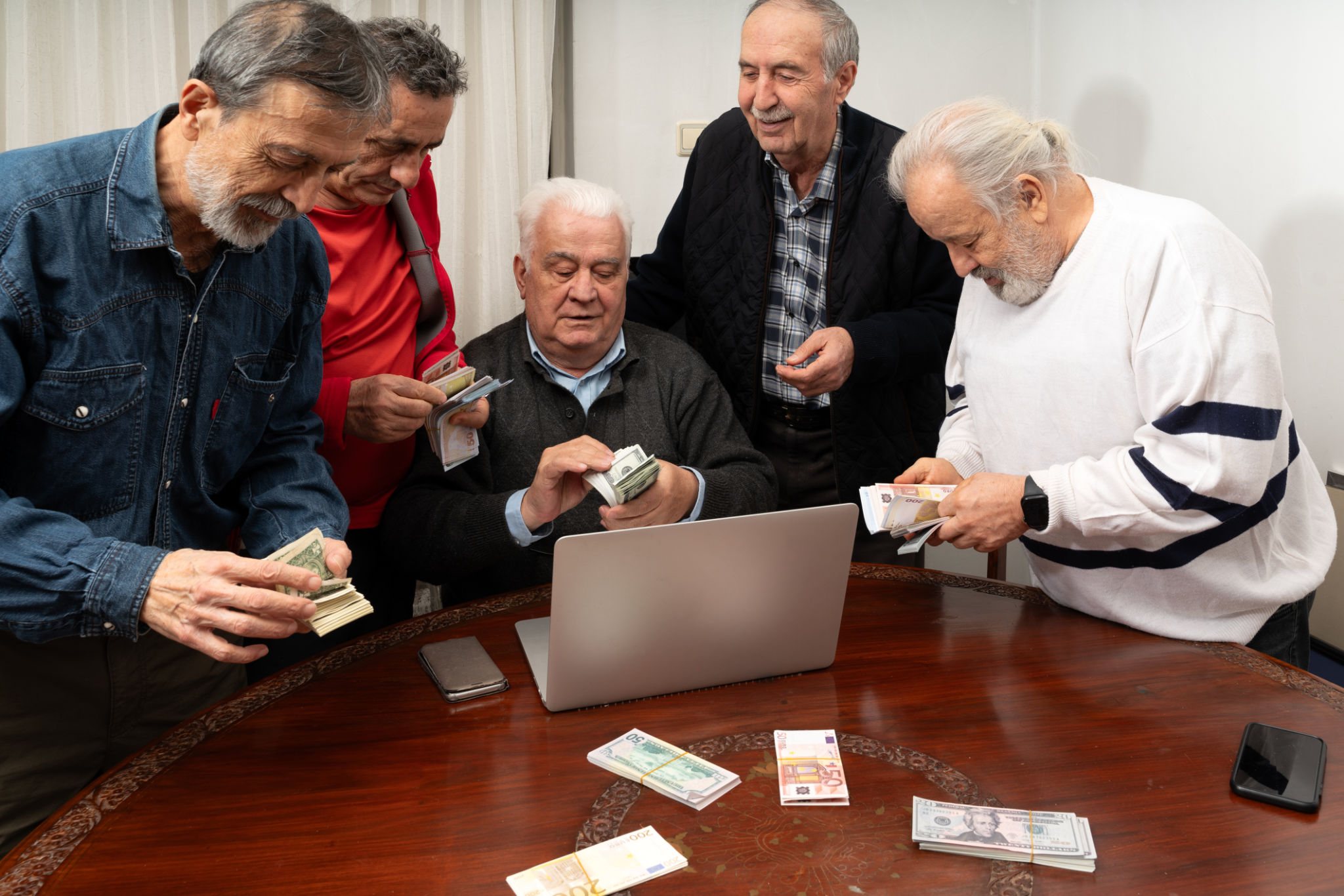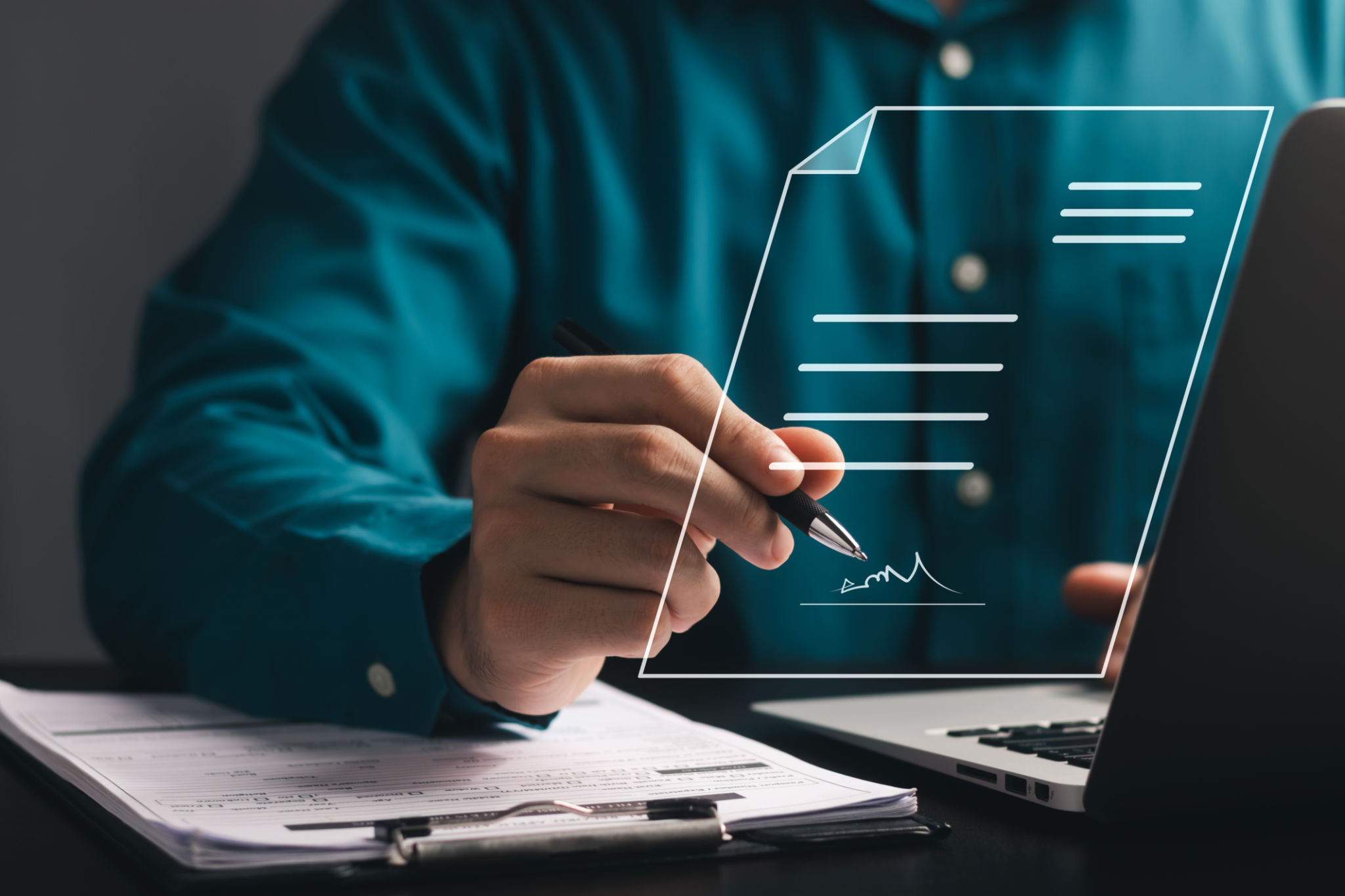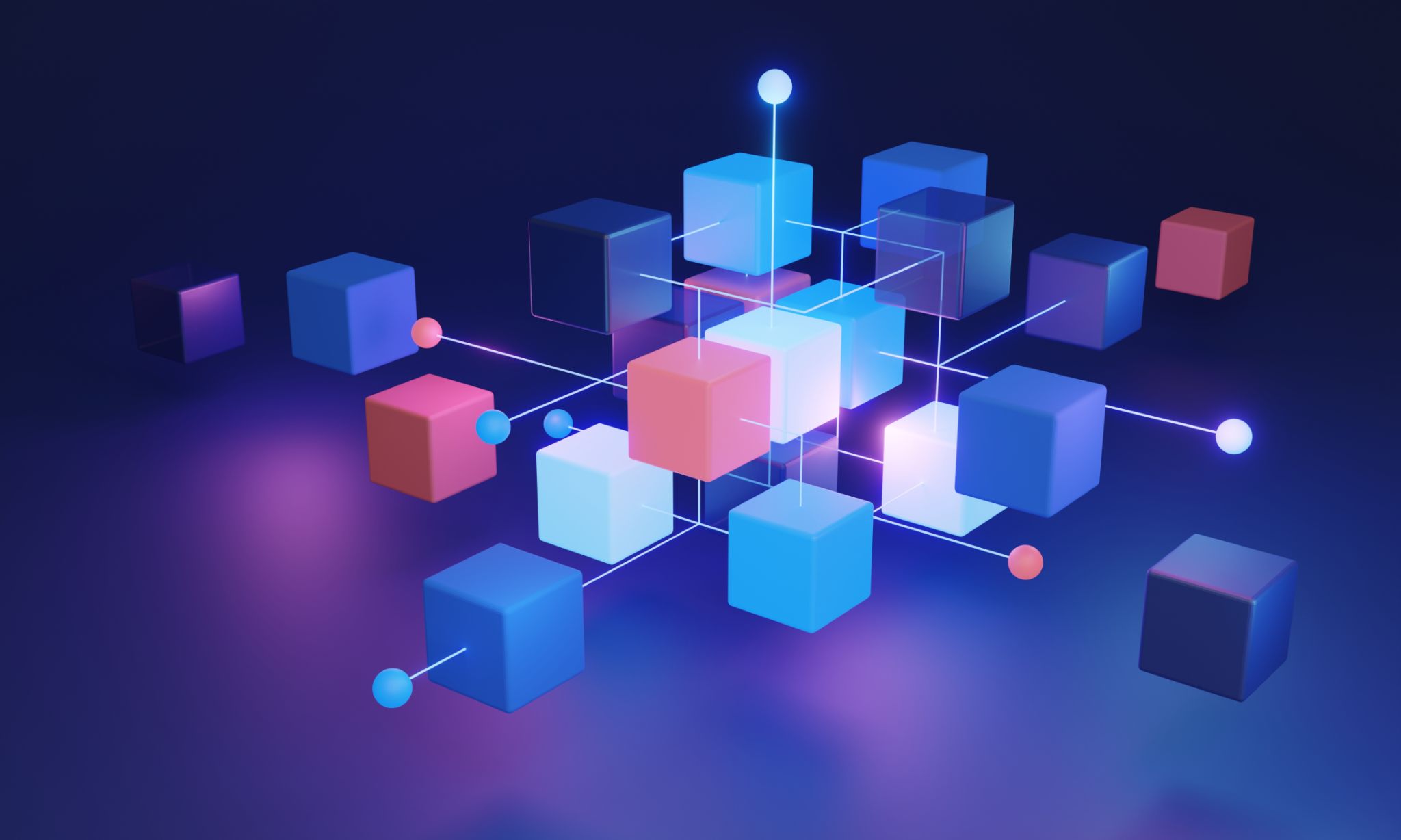The Role of Blockchain in Enhancing Veteran Services
Understanding Blockchain Technology
Blockchain technology has emerged as a groundbreaking innovation with the potential to transform various industries. At its core, blockchain is a decentralized digital ledger system that records transactions across multiple computers in a way that ensures security, transparency, and immutability. Each block in the chain contains a number of transactions, and every time a new transaction occurs, a record of that transaction is added to every participant's ledger. This decentralized nature eliminates the need for a central authority, making it a powerful tool for enhancing services across sectors.
Blockchain's Impact on Veteran Services
For veterans, accessing services such as healthcare, education, and benefits can often be a complex and fragmented process. Blockchain technology offers a solution by providing a secure, unified platform that can streamline these services. By utilizing blockchain, agencies can improve the efficiency and accuracy of data management, ensuring that veterans receive the support they need promptly and effectively.

Securing Personal Data
One of the most critical challenges in veteran services is maintaining the security and privacy of personal data. Blockchain provides an answer through its robust encryption and decentralized architecture. By storing information across a network of computers rather than a single server, blockchain reduces the risk of data breaches and unauthorized access. This ensures that veterans' personal information remains confidential and secure.
Streamlining Benefits Administration
Managing and distributing benefits is another area where blockchain can make a significant impact. By automating processes through smart contracts—self-executing contracts with the terms of the agreement directly written into code—blockchain can reduce administrative overhead and minimize errors. This automation ensures that veterans receive their benefits more efficiently, with fewer bureaucratic hurdles.

Improving Healthcare Services
Healthcare is a critical aspect of veteran services, and blockchain technology can play an essential role in improving the quality and accessibility of care. By creating a comprehensive and interoperable health records system on the blockchain, healthcare providers can access up-to-date information seamlessly. This ensures that veterans receive personalized and timely treatment based on their complete medical history.
Enhancing Transparency in Charitable Donations
Many organizations and charities work tirelessly to support veterans and their families. However, transparency issues can sometimes hinder fundraising efforts. Blockchain can enhance transparency by providing an immutable record of donations and expenditures. Donors can see exactly how their contributions are being used, increasing trust and encouraging more significant support for veteran-related causes.

Challenges and Considerations
Despite its potential benefits, implementing blockchain in veteran services is not without challenges. Issues such as technological infrastructure, interoperability with existing systems, and regulatory compliance need careful consideration. Furthermore, educating stakeholders about blockchain's capabilities and limitations is vital to ensure successful adoption.
In conclusion, blockchain technology holds significant promise for enhancing veteran services by providing secure, efficient, and transparent solutions. With continued innovation and thoughtful integration, blockchain has the potential to transform how veterans access and benefit from the services they deserve.
